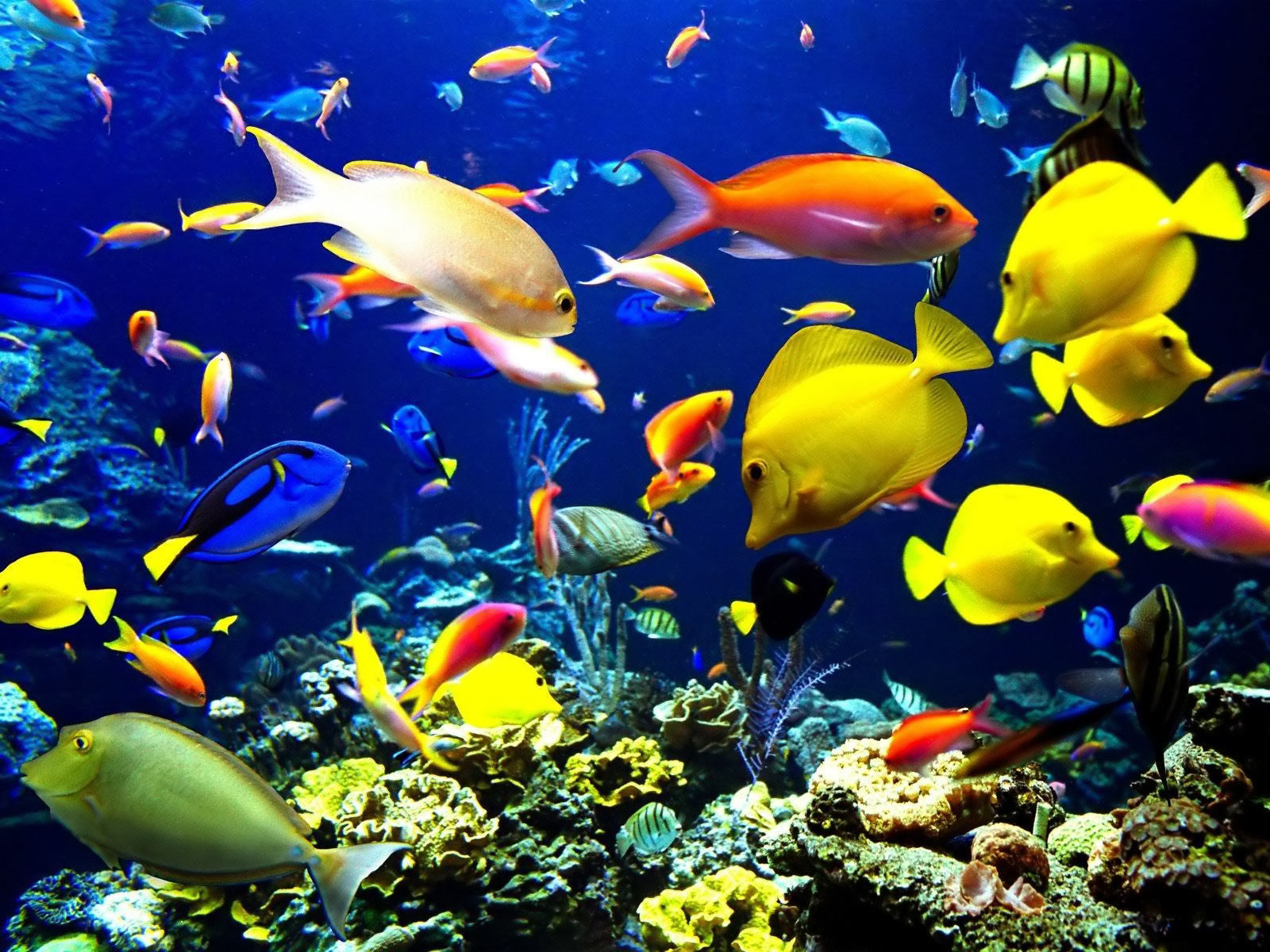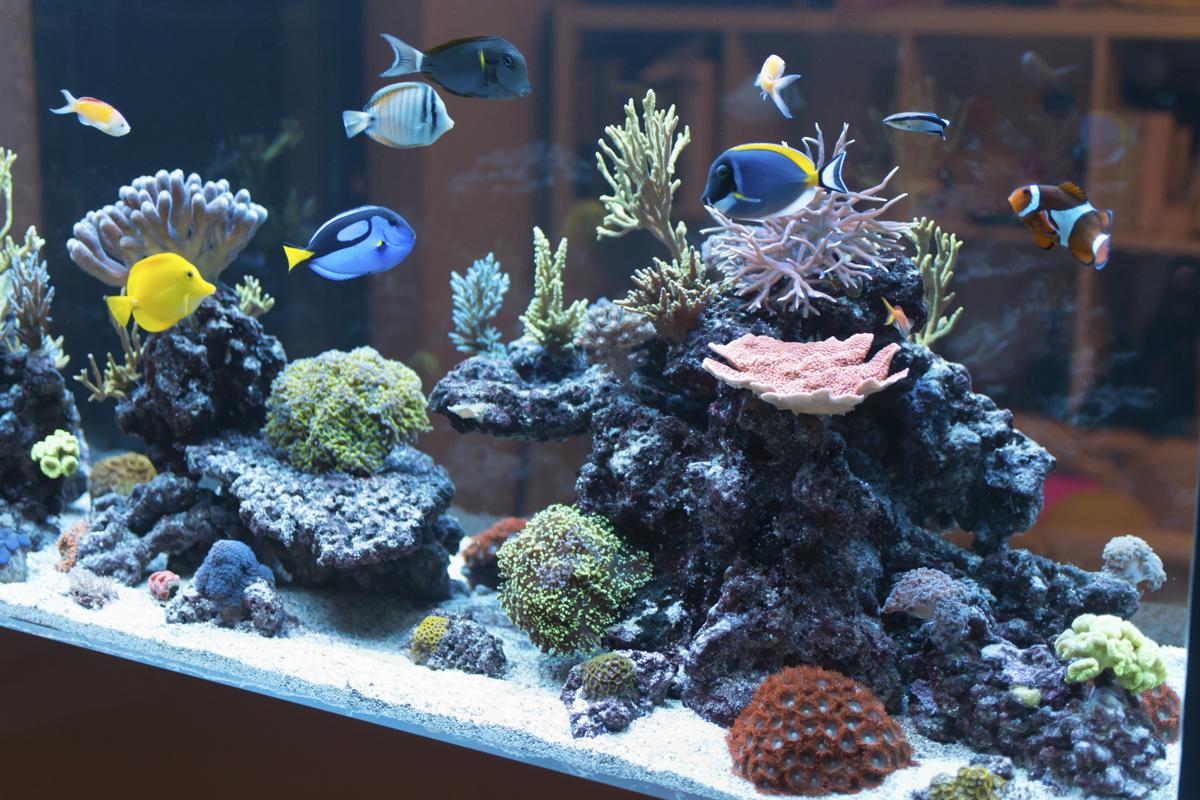6 Steps to Setting Up Your Freshwater Aquarium
As a fellow fish hobbyist, I understand the desire to want to have an aquarium at home. Although they can be beautiful, relaxing and therapeutic, they can be a lot of work. I am writing this article to share with you, my 6 step process to freshwater aquarium setup that will be easy to maintain and give you unlimited enjoyment for years to come.
1) Your first step is choosing which type of fish you want to keep in your fish tank. When choosing your fish, you will want to do some research on the types of fish you are interested in. If this is your first aquarium, I would suggest a hardy fish, like a black tetra as they seem to withstand varying ph levels, which can happen in new tanks.

2) After you have chosen the fish for your tank, think about whether you will have live plants or artificial plants. If you want live plants, you will need to choose plants that will thrive with your fish. Be careful, as if you choose a plant that is particularly tasty to your fish, you might not have aquarium plants for very long. You also might want to choose some plants that are native to your fish’s natural environment as creating an environment for your fish as close to its natural environment will help your fish thrive that much more.
3) Your next step is choosing your tank. Typically, aquariums are made of either glass or acrylic. I prefer acrylic as they are much more durable, especially if you have kids. The will not shatter upon impact and you are able to drill holes in them with more ease, as you may be required to do for certain types of filtration system. The most important part of tank selection however, is the size. This is critical to the survival and success of your fish and other inhabitants. A rough estimation is about an inch of fish per gallon. Although this is a good estimation, there are still things you need to keep in mind like the size of your fish as an adult, not as a baby, as they often come in the pet store. Also, once you have your tank full of substrate, plants and decor, you can expect to have about 15% less water that what the tank holds. Last thing to keep in mind is that and inch long slender fish is not the same as an inch long full-bodied fish. The full-bodied fish will produce more waste thus requiring more space.
4) The next step will be to choose the type of filtration system you will use. There are three main categories of filtration; Biological Filtration, Mechanical Filtration and Chemical Filtration. I would suggest you choose some sort of biological or mechanical filtration. Chemical filtration is mostly used temporarily to remove toxins in your tank that biological and mechanical filtration systems can’t remove.
5) Next will be to put your tank together add water and cycle your tank. All you need is fresh tap water that has been conditioned with a product like Aqua Safe or Start Right. I do not recommend distilled water as it lacks nutrients that fish need. Cycling your tank means to cultivate a bacteria colony in your filter. This is essential to maintaining healthy nitrate levels. Basically, when your fish expels waste it creates ammonia in your tank. These bacteria’s turn the ammonia into nitrite which then turn it into nitrate.

You can do this by using an old media from a tank that has an established bacteria colony in the filter. I.e. You could use and sponge or floss from another tank filter to establish the new growth in your tank. You will have to take repeated water tests to make sure that your water has stabilized to a safe environment for your fish. Remember to test the water before cycling to get a more accurate reading. The time for this process will vary. It is important to keep in mind that the bigger your tank, the longer this process will take.
6) Well, once you have completed all these steps, you are ready to introduce your fish into your tank. Remember to do this slowly. If you are planning on having multiple species of fish, try one species at a time and let them adjust before introducing

